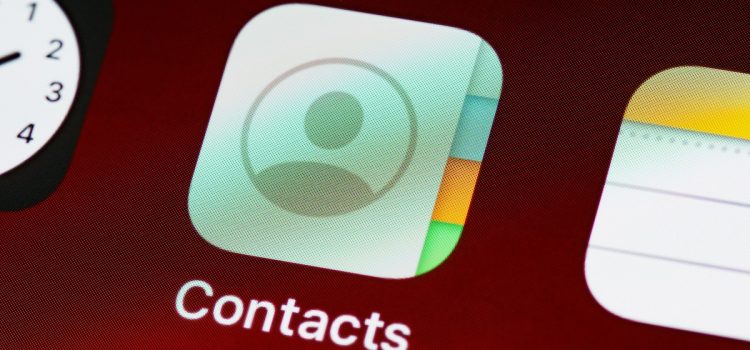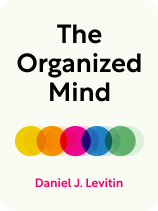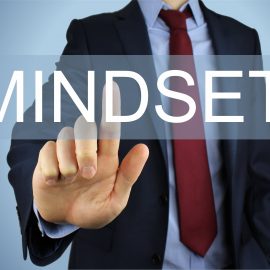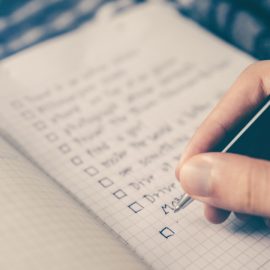

This article is an excerpt from the Shortform book guide to "The Organized Mind" by Daniel J. Levitin. Shortform has the world's best summaries and analyses of books you should be reading.
Like this article? Sign up for a free trial here.
How effectively do you keep track of all the people in your life? Do you ever lose phone numbers or forget important birthdays?
In his book The Organized Mind, neuroscientist Daniel J. Levitin discusses how to externalize and sort information and objects. He explains how can you use the power of externalization and organization to improve your relationships.
Keep reading to learn why modern relationships can overwhelm us and how to organize contacts in a way that takes that pressure off.
How to Organize Contacts
Levitin suggests that we struggle to keep track of and maintain fulfilling relationships with the people who matter because we know so many people. In past eras, we spent time with a limited number of people—and when our connections changed, they did so slowly and because they were no longer relevant to our lives.
But, in the modern world, we know way more people: Many of us live in cities where we encounter far more people than our ancestors did. We regularly change jobs and move, so our connections change at far greater speeds, which only increases the number of people we have to keep track of at any given moment. And, thanks to social media, we’re able to keep track of people with whom we might otherwise have fallen out of touch. Levitin addresses how to organize contacts in a way that reduces the overwhelming aspect of modern relationships.
(Shortform note: It’s possible that we’re cognitively incapable of maintaining the many and ever-changing relationships we have in the modern era. Based on his examination of hunter-gatherer societies and several modern artifacts (including companies and address books), anthropologist Robin Dunbar posited that we can only have meaningful relationships with 150 people—a figure known as Dunbar’s number. Moreover, he also suggested that we can have up to 500 acquaintances and can recognize a maximum of 1,500 people. Dunbar argued that this limit is biological: The number of people we can know depends on the size of our neocortex [a brain region related to language] relative to our physical size.)
Levitin suggests dealing with the increase in social connections in two ways. First, create a database of your connections that includes information you’d like to remember about them—like where you met them or their spouse’s name. You might create your own database; alternatively, if you already have an external depository where you store your contacts (like your computer’s address book), just add relevant information in each entry. Second, set an external reminder to contact important people in your life, such as by creating a recurring weekly event to “Call Mom.”
Levitin contends that these two methods help you make better relationship-related decisions for two reasons. First, you’ll remember more information about your connections, so you’ll make better decisions about what to talk about with them. For example, if you remember that your friend’s birthday is in January, you can ask her about that when you talk to her that month. Second, you’ll contact them more regularly—which is in itself a good relationship-related decision as you’re choosing to spend more time connecting with people you care about.
(Shortform note: Like Levitin, other experts agree that noting information about your contacts and remembering more information about them can improve your relationships. Ensure that you note down this information while you still remember it; if it’s a new contact, asking how to spell their name will buy you the time you need to write down notes about them. Unlike Levitin, experts warn that even if using an external reminder increases the frequency with which you contact your loved ones, this may not necessarily improve your relationships since not everybody prioritizes frequency of contact. For example, if your long-distance friend hates talking on the phone, she may prefer that you catch up more rarely but in person.)

———End of Preview———
Like what you just read? Read the rest of the world's best book summary and analysis of Daniel J. Levitin's "The Organized Mind" at Shortform.
Here's what you'll find in our full The Organized Mind summary:
- The key to living less stressfully in the modern world
- Why our current approach to dealing with stress doesn’t work
- Strategies for sorting and externalizing your thoughts, things, and relationships






